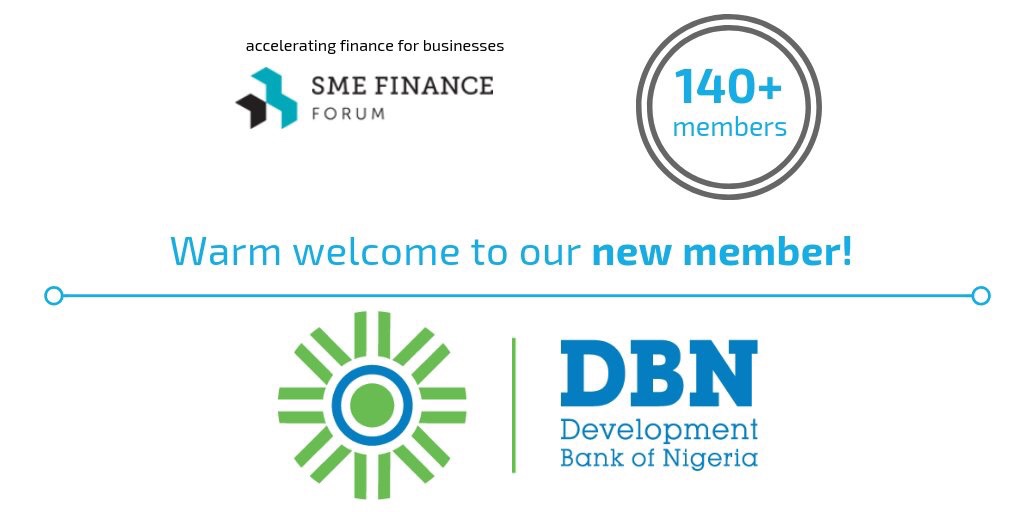[plulz_social_like width="350" send="false" font="arial" action="like" layout="standard" faces="false" ]
There is a powerful Yoruba mantra that says “May our old age be more auspicious than our beginnings”. This aphorism would definitely apply to the mess that our revered Chief of Ijebu and Egba descent, Chief Mrs. Bola Kuforiji-Olubi, has now enmeshed herself in. This Amazon is, without doubt, the most successful and accomplished woman that Nigeria has ever produced. She is a chief of Ijebuland and Egba Kingdom. She was President of the Institute of Chartered Accountants of Nigeria (ICAN), Chairman of the second largest bank in Nigeria, the United Bank for Africa (UBA Plc), Chairman of British Engineering Company, BEWAC, Chairman of French building materials supply conglomerate, EQUIP, Nigeria’s federal Minister of Commerce and Industry and many other accolades. She is very well blessed and successful in her travails through life.
She had studied Accountancy in England and got to know many Lagosians and Nigerians including Grammarians, Chief Ernest Shonekan, Nigeria’s former Head of State, Dr. Yemisi Kuforiji, past Chairman of Yoruba Tennis Club, Mr. S. Babashola Joseph, leading legal practitioner, octogenarian, member of the Yoruba Tennis Club and father of Mr. Babaseyi Joseph, current Chairman of the Yoruba Tennis Club. She passed her accountancy exams in the UK with flying colours and met other great Nigerian Chartered Accountants to be like Prince of Ijebu- Ode, Supo Adetona, Chief Tunde Anjous, Aremo Fola Awobo-Pearse and others. She also met a cousin of octogenarian, Dr. Yemisi Kuforiji, Soji Kuforiji whom she married and bore three children for.
As life is not always a bed of roses, she had separated from the father of her children who is late, but she kept the Kuforiji name in the interest of her children and as, indeed, she is legally entitled to so do. She later met dashing and youthful-looking Chief Daniel Adeyanju Olubi who was an administrative manager in one of the companies she held sway in, married him and, in her most popular and successful days, became known as Chief Mrs. Bola Kuforiji-Olubi. Her husband, Yanju, a good friend of late Chairman of the Yoruba Tennis Club and leading architect of his time, Kingsonian, Arc. John Seyton Macgregor (AKA JSK) of the iconic and dynastic Lagos Macgregor family who took immensely to him and enhanced Olubi’s initiation into the Yoruba Tennis Club.
Mrs Bola Kuforiji-Olubi later separated from Chief Olubi and has been living a happy retired life caring for her children, Tokunbo and Joke and their children in her massive riverside mansion on Marine Road Apapa while surrendering the management of her real estate holdings to her children and taking occasional vacations and health check travels to her London millionaires row residence on Philimore Gardens, Willesden near the Nigerian Ports Authority (NPA) houses, the Asemotas dwelling on Manor House Drive, the Mike Adenuga, the Dangote and Fola Ogunlesi residences on Willesden Lane, NW London.
It has therefore come not only as a surprise but also as a thundering shock to hear that this lady of such high integrity is now languishing in the notorious Holloway women’s prison in London, England. This social media site was absolutely incredulous and gob smacked to learn that this dignified woman would in her approach to octogenarianism be now irked in such a maelstrom of depravity.
In a nutshell: She was involved in a business venture with three international companies in Nigeria. A business disagreement occurred between her, the two oil and gas companies and another international oil company (IOC). The original business agreement provided for arbitration on any disagreement to be settled in City of London, under English law, especially as Mrs Olubi, the Chairman of the company and her son, Olutokunbo Afolabi Kuforiji, a Director of the company, are British citizens. The matter was taken before an English judge who ruled that a sum of USD19m in dispute should be paid by the IOC to the British company and a letter directing the IOC to so do be effected by Mrs. Olubi’s company.
Mrs. Olubi reverted to a Nigerian court, which failed to give a ruling on the matter (typical of procrastination and prevarication by Nigerian courts) even though the IOC offered to pay the amount in dispute to the court pending final judgment.
English court disagreed with intervention by Nigerian court as the agreement provided for arbitration in London and ordered Mrs. Olubi to direct the writing of the English court ordered directive.
Mrs. Olubi resorted to another Nigerian court and attempted to obtain another ruling. The English court ordered Mrs. Olubi to appear in court and comply with its ruling or face contempt of court.
Mrs. Olubi appeared in court and attempted to recuse herself from proceedings averring that she had resigned as Chairman of the defendant company as she had handed over the baton to her son, Tokunbo. The Judge, Justice Burton of the Commercial Division of the High Court of Justice Queens Branch Division, again admonished her and gave her a final warning that he was cognizant and considerate of her stature and age and thus gave her a last chance for her and her son to comply with the court ruling and purge herself of the seeming contempt.
Mrs. Olubi subsequently departed the shores of the UK and could not be found in her London residence.
Quite a few months later, when the Judge learnt of her presence in London, he issued a warrant for her arrest.
Mrs. Olubi refused to attend court stressing that she was very ill, on a wheelchair and only able to leave her house for medical appointments. The applicant in the case utilised the ploy usually associated with tracking of social security cheats who pretend to be disabled and are photographed the next day playing football. They set up a team to monitor Mrs Olubi’s movement and photographed her a few days later shopping gaily on London most famous Oxford Street.
When this photographic evidence was produced as evidence to the English Judge, he ordered the immediate arrest of the Madam. The Judge consequently sent her to the infamous Holloway Women Prison in North London where she is serving a one-month sentence for contempt of court.
Holloway Prison is reputed to be mostly occupied by Nigerian women fraud convicts (many called Alhaja Holloway) and the prison is irreputable for vice, vile, prostitution, molestation and Lesbianism.
The Judge also convicted and sentenced Mrs. Bola Kuforiji-Olubi’s son, Mr Olutokunbo Kuforiji, to four months imprisonment, albeit in absentia. He is likely to join ex-Governor James Ibori in SW London Brixton Prison where porridge is the most common and savoury item on the menu.
Tokunbo Kuforiji is on the run and has been declared wanted while his mother, Chief Mrs. Bola Kuforiji-Olubi languishes in the roach-infested Holloway Women Prison at the pleasure of Her Majesty, the Queen of England.
What is unknown is whether failure to comply with the court ruling may warrant a continuous sentencing and whether the amount of £300, 000 costs awarded against her may lead to the sale by auction of her London property.
How the mighty are falling! How can this happen to such an eminent personality? In the UK, the law is no respecter of persons but we think the Nigerian High Commission, on behalf of the government of Nigeria, should have taken diplomatic steps to sort out this matter. We hasten to add that it is strongly believed that Mrs. Olubi had utilized the Nigerian Immigration Services to deport the complainant in the matter from Nigeria although an equally reputable and powerful Nigerian oil and gas conglomerate is standing firmly behind that foreign company and that the expatriate deportees are back in the country transacting business in the oil and gas industry.







